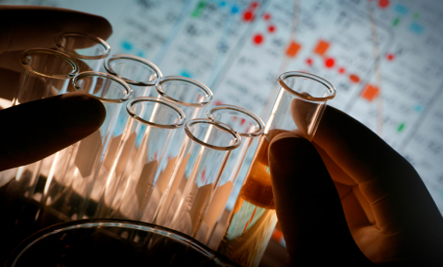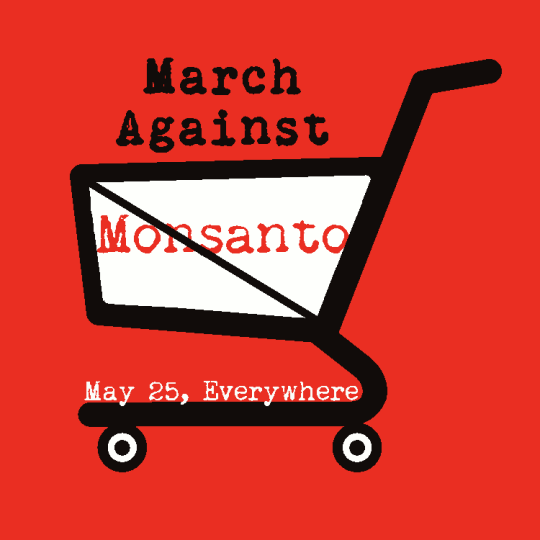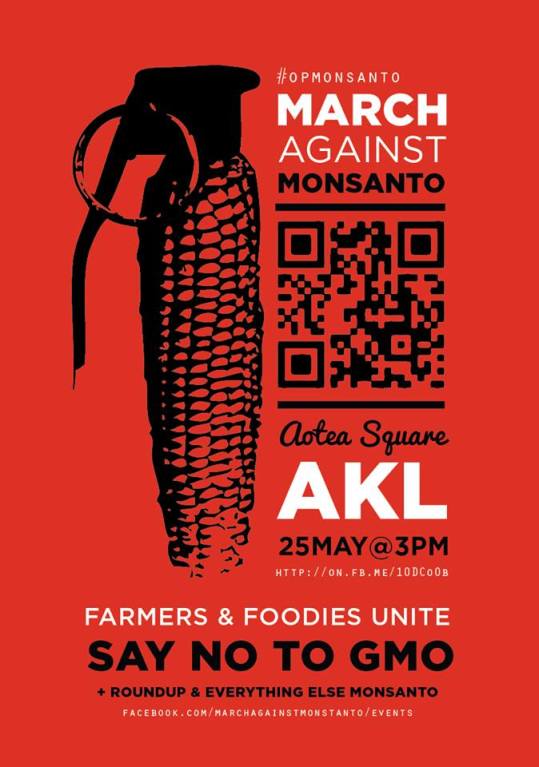What’s My Point
My point is this – I read this post by GMO-Awareness and thought I should share it. I am aware that the post paints a diabolical picture of Monsanto, it is not the reason why I shared this. GMO foods, bio-chemical additives, and the many other adverse aspects of modern mass food production have been ignored by consumers for too long.
I am increasingly aware of the harm this mass-consumer food production is having on our general health and well-being, with non-communicable diseases being the ‘new’ killer of western populations.
At Greenfishbluefish I’ve long advocated the health benefits of eating natural wild caught seafood – on the caveat of course that this wild resource is responsibly and sustainable harvested, and pro-actively managed in order to continue to provide for marine ecosystems.
Related Articles
- A Beginner’s Guide To Boycotting Monsanto (dprogram.net)
- Monsanto is bailing out of Europe. Protests work! (redgreenandblue.org)
- GMO FOODS: To become more aware of what you eat why don’t you join the Global March Against Monsanto? (greenfishbluefish.wordpress.com)
- New Yorkers protest to have GMO foods labeled (pix11.com)
- GMO Wheat in Oregon (nuttygrass.com)
- Monsanto Concedes Defeat in the Face of Europe’s Fierce Opposition to GMOs (amresolution.com)
- Monsanto’s Dirty Dozen (hrexach.wordpress.com)
- Lobbying And GMO Giant Monsanto Buckles In Europe (maxkeiser.com)
- Monsanto: Profits Above Human Health (southweb.org)
- Monsanto Found Guilty of Chemical Poisoning in France (pakalertpress.com)

When you take a moment to reflect on the history of product development at Monsanto, what do you find? Here are twelve products that Monsanto has brought to market. See if you can spot the pattern…
View original post 2,241 more words



